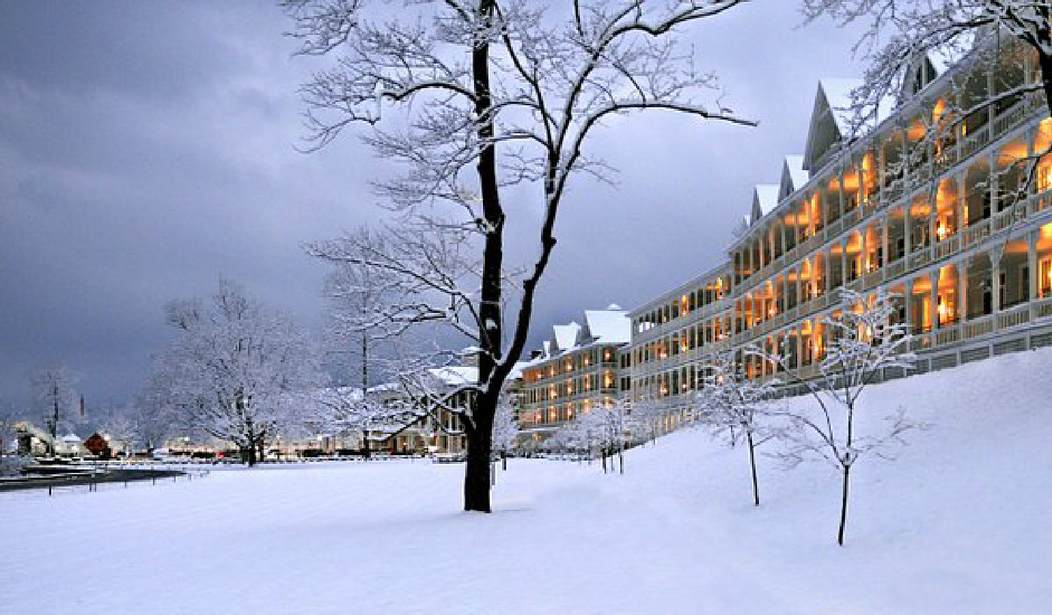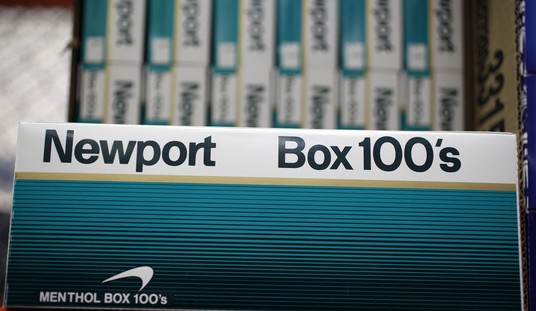BEDFORD, Pa. — For nearly two decades, every time the alarm rang out from Bedford Fire Department No. 1, people in town would say a little prayer that the call wasn’t for the old Bedford Springs Hotel — a primarily wooden structure built when Thomas Jefferson was president that was sitting abandoned just a mile outside town.
Bedford resident Bette Slayton said, “We would be in town and hear the fire whistle go off and look at each other and just cross our fingers that it wasn’t the Springs.”
Any time she had to head south along old U.S. 220 past the white-columned hotel, she would gaze at the rows of wooden porches jutting from the building and imagined them waiting for families or couples to host again. The sight of it succumbing to time and neglect hurt her heart. “It was so sad because this hotel is really the heart and soul of the community,” said Slayton. “Everybody had a memory of either working there and or going to prom there or a wedding there. Every special event in their life happened right there.”
The Bedford Springs Hotel has sat in the south-central Pennsylvania valley since the early frontier days when people first enjoyed the seven mineral springs that flow through this valley; by 1805 she started to become America’s first grand resort.
Daniel Webster, Nathaniel Hawthorne, Aaron Burr and Benjamin Franklin all signed her register books, and so did Henry Ford and John Wannamaker, two of the scores of the titans of industry who’ve stayed here.
As far as presidents of the United States go, several have spent time here, including Taft, McKinley, Bush and Reagan. It was here that James Buchanan — who called the Springs his summer White House — received his first-ever transatlantic cable, when a bellboy delivered a message to him from Britain’s Queen Victoria.
The heyday here lasted longer than most: from the beginning of the 19th century to the mid-20th century. But by the 1980s, the oasis for wealthy tycoons was in financial ruin and her beauty was in decay. The economic and emotional impact was immediate: Not only did 400 locals lose their jobs when the 240-room hotel shut its doors, but the borough’s fortunes collapsed along with it. The business district, which sits along the historic Lincoln Highway, had more shuttered businesses than open ones.
Several developers made a half-hearted attempt to invest in the old gal in the two decades she sat empty — failing spectacularly each time.
But then something magical — or perhaps lucky — happened.
Dallas-based developer Mark Langdale said he overheard a conversation at a hotelier convention about a dilapidated piece of American history no one wanted anymore.
“I had first heard about the property from Judy Kessler, who had heard about these guys who owned it and had this kind of half-baked idea about redoing it, and she got curious,” said Langdale.
He said that Kessler’s passion about the place was relentless, but he was less enthusiastic: “In the beginning, I wasn’t that interested in coming to Pennsylvania because I’m a Texas guy. But she was very persistent, so I agreed to go, just see it.”
When he turned that bend in the road, he was crushed to see the hotel’s condition. “It was a mess; they’d been closed for 17 years. It was really run down,” he said.
Langdale said the project would never have been done had it not been for former state senate majority leader Robert Jubelirer, U.S. Rep. Bill Schuster and his father the late Bud Shuster — all three Republicans — along with some help from some Democrats like former state house speaker Bill DeWeese making sure the funding needed for the project was available.
Today that’s called “pork,” and it would have caused such a hailstorm on social media it would have never happened. But projects like this were done with compromise, with legislators from both parties recognizing that saving this building could save the county from becoming the poverty capital of the state.
Jubelirer said he and Bud and Bill Shuster — who both chaired the House Transportation Committee — all worked their butts off to make this project happen: “I made it my number one project in Harrisburg. Bud was really responsible for the roads.”
“I certainly also had substantial cordiality and working relationships with the senate leader Jubelirer,” recalled DeWeese. “I was very happy to support the project in Bedford County. As a rural legislator, I thought it was only appropriate that a lot of state and federal focus should be given to this magnificent, old grande dame of the hotel world.”
DeWeese said he had never visited until after the construction was complete, and what he saw stunned him. “When I rounded the small bend in the road and saw it, I was immediately catapulted back into the Gilded Age, and I thought about those decades between Appomattox and McKinley’s assassination in Buffalo,” he said.
Slayton, who still runs the county economic development association, says the re-opening has been a game changer: “Our main business district in town is flourishing — every type of shop and restaurant you can think of, all local business, fill up all of the store fronts.”
It is impossible to find a shop owner in the bustling town who doesn’t tip their hat to the hotel and the people who put it all on the line — from politicians to investors — in bringing her back to life.
Bedford Springs — now owned mostly by Omni with Langdale still owning a small portion — employs over 400 people from the community.
Slayton says Bedford Springs has changed the face of the Bedford community and the entire region. “I so underestimated the impact it would have. In 2019 they brought in over 100,000 visitors; that’s an incredible injection of monies — because they partner with the downtown and the community to have people go downtown and shop and dine and experience the outdoors.”
The hotel is grand and elegant — yet nothing about it is over the top. Walk through the lobby, the hallways of every floor, in the library or along the long porches, and there is a calm sense that the building itself is thankful to welcome you once again.
Salena Zito is a CNN political analyst, and a staff reporter and columnist for the Washington Examiner. She reaches the Everyman and Everywoman through shoe-leather journalism, traveling from Main Street to the beltway and all places in between. To find out more about Salena and read her past columns, please visit the Creators Syndicate webpage at www.creators.com.







Join the conversation as a VIP Member